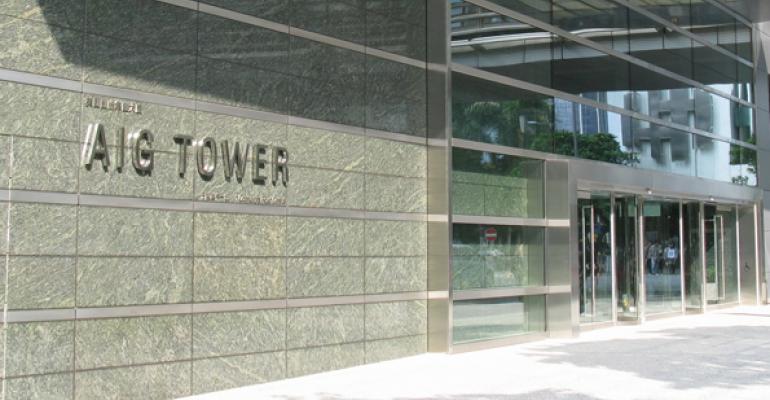AIG came close to selling its Advisor Group of broker/dealers in 2009, but after almost a year of looking for a buyer, CEO Bob Benmosche, new to the role, decided not to proceed. AIG announced Tuesday that the firm is officially buying Woodbury Financial from The Hartford, a move that seems to solidify the firm’s commitment to the independent broker/dealer space.
“Perhaps this might be evidence that they’re committed to keeping their broker/dealers, rather than looking to sell soon,” said Jonathan Henschen, a recruiter with Henschen & Associates. “Or this could be an indicator that they’re just trying to get more scale with their broker/dealers to sell them later, to play devil’s advocate.”
That said, “I don’t get the impression they’re looking to sell any time soon,” Henschen added.
Advisor Group, which includes broker/dealers SagePoint, FSC Securities, and Royal Alliance, currently has 4,800 advisors, while Woodbury has about 1,400 reps. AIG will buy Woodbury for as much as $90 million, but it could go as low as $35.7 million if Woodbury doesn’t reach certain revenue milestones by the time the deal closes. The deal is expected to close at the end of 2012. The Hartford will also receive a $25 million dividend that will come out of Woodbury, and an additional $25 million from AIG after the close, if certain performance targets are met.
If all goes according to plan, Advisor Group would be paying about 35 percent of Woodbury’s trailing 12-month revenue, a reasonable price for that size of broker/dealer, Henschen said. Some private equity firms out there on the acquisition trail will pay over 40 percent.
Larry Roth, president and CEO of Advisor Group, said Woodbury will remain independent and keep the same location and management team. Advisors’ businesses won’t be disrupted, and there will no repapering, as they’ll continue to clear through Pershing.
The firm will also keep its regional field managers intact, said Patrick McEvoy, president and CEO at Woodbury, who is staying on in his role. Unlike Advisor Group’s b/ds, Woodbury has regional field managers, who are responsible for the strategic direction of the firm and support reps on a regional basis. Henschen said the firm has about 19 of these regional vice presidents, each with salaries between $300,000 and $800,000 a year.
“That’s a whole other layer of overhead that the other b/ds don’t have,” Henschen said. “I question whether that’ll survive as well.”
Henschen said he expects there to be a honeymoon period of six months to a year, and then AIG will likely start making changes to Woodbury. Hartford ran Woodbury as a loss leader, making up for it through sales of its proprietary products. AIG, however, runs its b/ds as profit centers, so costs could go up for the reps. For example, Woodbury reps were only paying about $1,000 a year for errors and omissions insurance, Henschen said. That’ll likely go up.
AIG does build products that are similar to those offered at The Hartford, so perhaps it could use Woodbury as a distribution arm.
“Our advisors will sell whatever products they think are best for their clients, but we certainly would hope at SunAmerica that we would earn some of that product space, so to speak,” Roth said. Of course, the firm has no requirements for reps to sell proprietary products.



